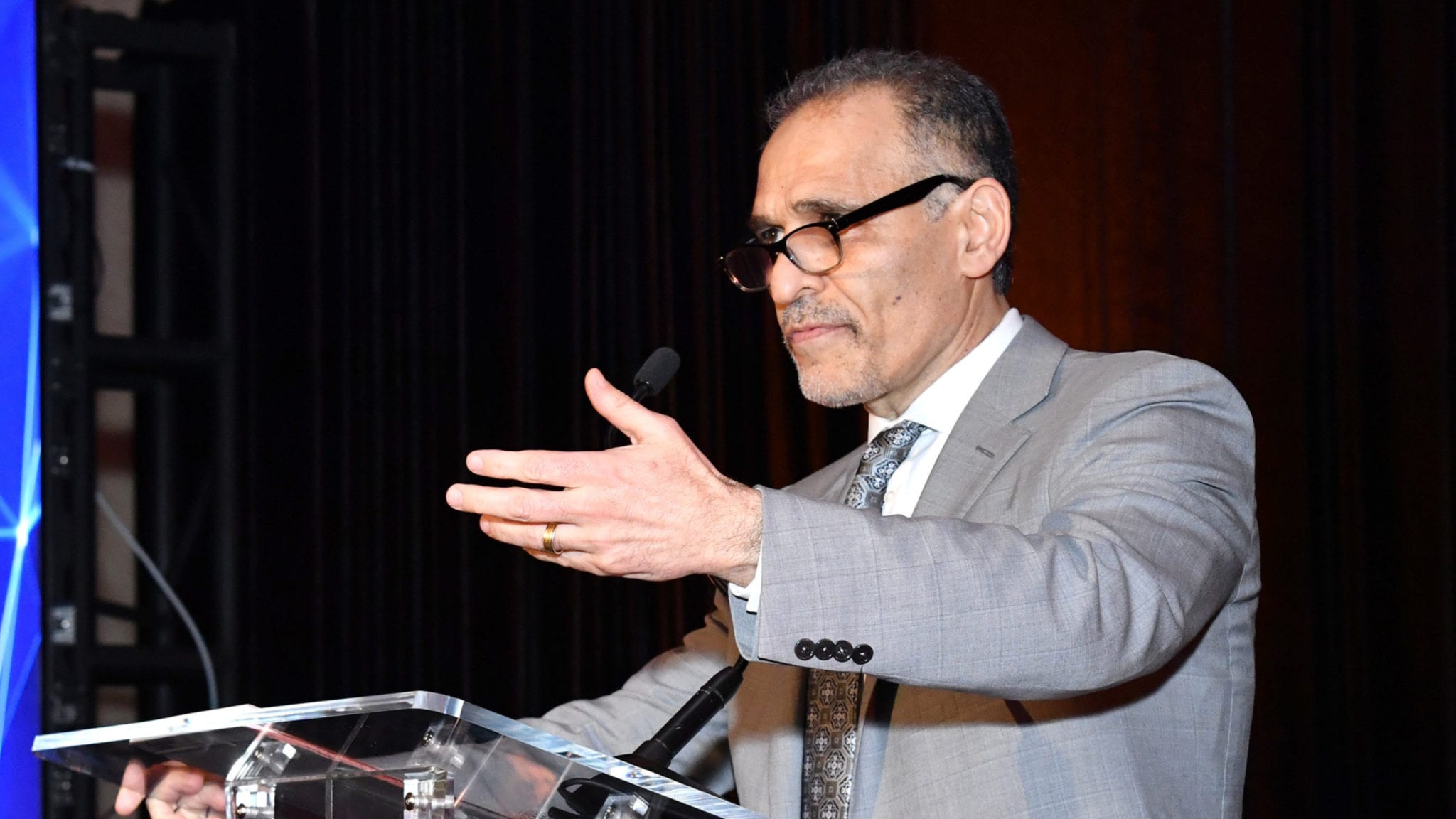
CytoDyn shares slammed as BLA filing for leronlimab in HIV hits a wall
In a press release issued in early June announcing a BLA acknowledgment letter from the FDA, CytoDyn CEO Nader Pourhassan said he is hopeful about getting a PDUFA date for its lead drug, leronlimab, on July 10.
Instead, they received a refuse-to-file letter today.
The company said the agency is just looking for “certain information needed to complete a substantive review.” No clinical trials are necessary; all that’s needed is additional analysis and a meeting with the FDA.
Unlock this article instantly by becoming a free subscriber.
You’ll get access to free articles each month, plus you can customize what newsletters get delivered to your inbox each week, including breaking news.